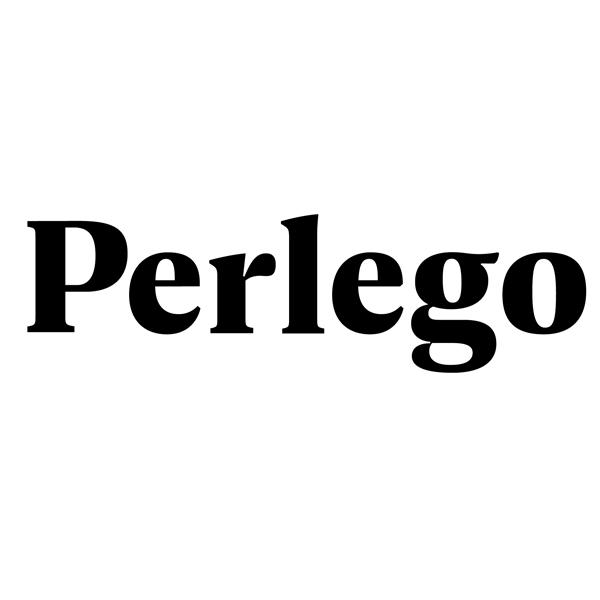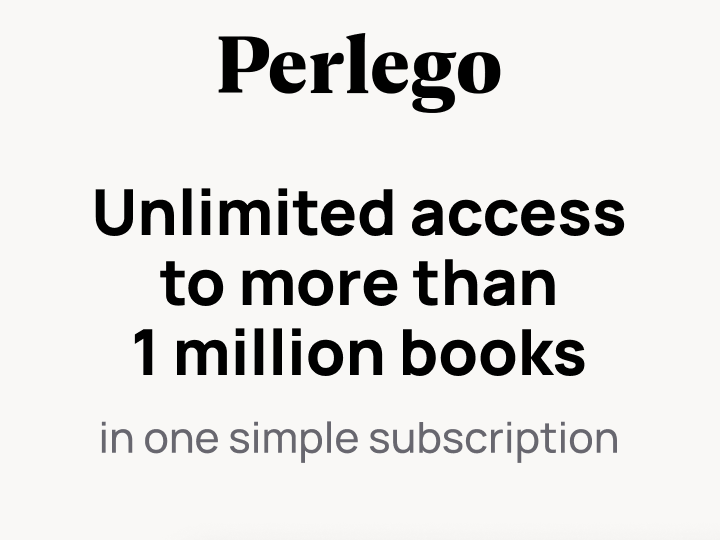
Mitigating accessibility challenges for international students using intuitive digital platforms
International students pursuing higher education in major academic destinations such as the UK and Ireland encounter various challenges, including language barriers, financial limitations and unfamiliar educational systems. While online and distance learning models offer potential solutions to some of these issues, providing a consistent student experience for all students poses a challenge for higher education institutions.
A Times Higher Education webinar, held in partnership with Perlego, featured a panel of experts who discussed the accessibility challenges faced by international students. The panel highlighted the technological obstacles that impact the academic experience for international students, such as the complexity of systems used by institutions and navigating multiple systems for different academic functions.
“Induction is key to making sure that the reality when they get here meets up with expectations,” said Tom Wright, director of digital student experience at the University of Lincoln. “We’re also doing a lot of work around what we do pre-arrival to make it clear to international students what to expect, what platforms we have here, what sort of technology we expect them to understand, and also providing more support and training around that.”
“International students may not just be expecting to use our systems in the way that we anticipate them to be used. That’s entirely because they’re coming from different educational backgrounds and different approaches,” said Kate Borthwick, professorial fellow of enterprise for educational innovation and director of open online courses at the University of Southampton. Providing clear guidance on different online systems and setting expectations about how students need to use these systems is important, she said.
Annabella Stover, deputy dean of students at Dublin City University, cautioned against making assumptions about students’ technology proficiency. “We need to be mindful that experiences differ. Spending time to scaffold that journey for international students [and] bringing them on this journey, curated to different audiences, is important.”
“A lot of our online content is engaged with through the medium of writing. We don’t necessarily consider that that might be, in itself, significantly challenging for our international students,” said Borthwick. However, using clear and jargon-free language to engage with students is crucial. Thinking about different modalities and different ways of producing content might offer a solution to this issue, added Borthwick. “For example, if you’ve recorded a lecture, it should have subtitles, slides or a transcript.”
Perlego has introduced different accessibility features, such as a customisable e-reader, image descriptions and responsive user interface to help students learn more effectively. “We launched a read-aloud function within the Perlego platform nearly a year ago and the way that it’s been taken up has been phenomenal,” said Katharine Templeton, head of UK partnerships at Perlego. “You can see that about 33 per cent more time is spent reading using this function and 20 per cent more pages are read.”
Perlego has built the platform with accessibility at its heart. “Everything that we do is trying to create an inclusive platform and you can see from the feedback we get from students on how beneficial that is,” Templeton added.
According to Perlego’s engagement data, when students are given a seamless experience with resources to support their learning, reading times increase. Embedding intuitive platforms into digital systems at higher education institutions is important for enhancing the student experience in online and hybrid learning environments, Templeton said. This involves streamlining access to user-friendly platforms to prevent students from having to navigate multiple systems.
The panel:
- Kate Borthwick, professorial fellow of enterprise for educational innovation and director of open online courses, University of Southampton
- Sreethu Sajeev, branded content deputy editor, Times Higher Education (chair)
- Annabella Stover, deputy dean of students, Dublin City University
- Katharine Templeton, head of UK partnerships, Perlego
- Tom Wright, director of digital student experience, University of Lincoln
Watch the webinar on demand above or on the THE Connect YouTube channel.
Find out more about Perlego.


